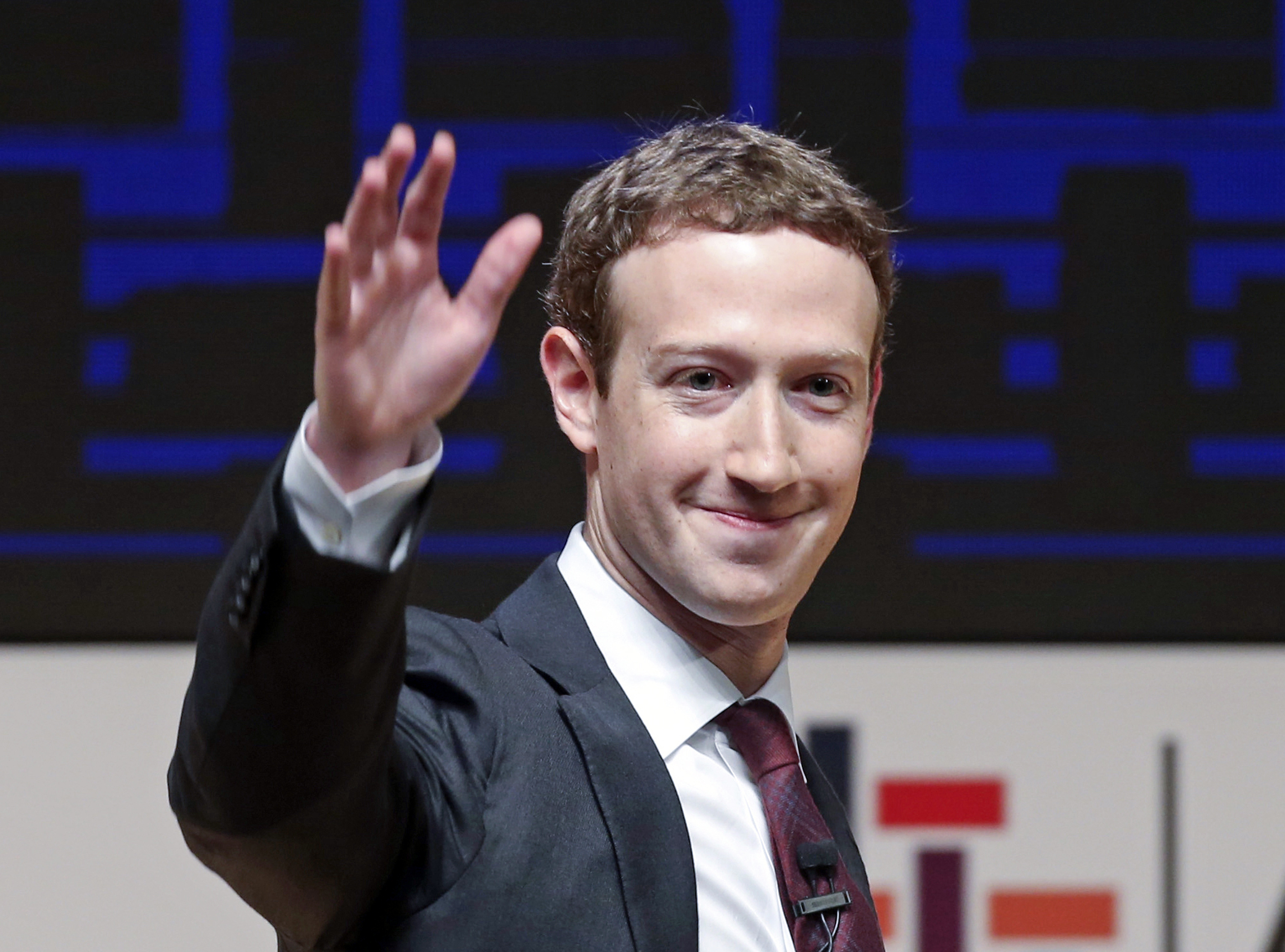
In this Nov. 19, 2016, file photo, Mark Zuckerberg, chair and CEO of Facebook, waves at the CEO summit during the annual Asia Pacific Economic Cooperation (APEC) forum in Lima, Peru. Zuckerberg released a missive Thursday, Feb. 16, 2017, outlining his vision for the social network and the world at large. Among other things, Zuckerberg hopes that the social network can encourage more civic engagement, an informed public and community support in the years to come. AP
SAN FRANCISCO, United States — Facebook founder Mark Zuckerberg on Thursday offered a vision for the social network as a force in building a “global community,” as more people become disillusioned with troubled political institutions.
In a wide-ranging post of nearly 6,000 words, Zuckerberg said Facebook can play a role in bringing people together as they face fractious politics and anti-globalization sentiment.
The essay — released without warning and instantly called a “manifesto” by pundits — offered a detailed, idealistic vision of the role of the world’s biggest social network, going well beyond Zuckerberg’s frequent comments on “connecting the world.”
READ: Facebook founder says he’s no longer an atheist
“In times like these, the most important thing we at Facebook can do is develop the social infrastructure to give people the power to build a global community that works for all of us,” he wrote.
The post on his Facebook page, titled “Building Global Community,” said the social network with some 1.8 billion members should play a role in improving people’s lives.
“Today I want to focus on the most important question of all: are we building the world we all want?” he said.
“Facebook stands for bringing us closer together and building a global community. When we began, this idea was not controversial… Yet now, across the world there are people left behind by globalization, and movements for withdrawing from global connection.”
READ: Facebook accidentally declares its founder, Mark Zuckerberg, dead
Zuckerberg said people around the world face threats that are becoming “increasingly global,” like terrorism, natural disasters, disease, refugee crises, and climate change, which “need coordinated responses from a worldwide vantage point.”
He added that non-government organizations have done little to address these problems on a global scale and said that he has “directed Facebook to invest more and more resources into serving this need.”
“My hope is that more of us will commit our energy to building the long term social infrastructure to bring humanity together,” Zuckerberg wrote.
“The answers to these questions won’t all come from Facebook, but I believe we can play a role.”
Zuckerberg, who in recent months has been taking a more active role in civic affairs, announced in 2015 that he and his wife Priscilla Chan would donate 99 percent of their Facebook wealth — an estimated $45 billion — to philanthropic causes.
Last year, the Chan-Zuckerberg initiative pledged to donate $3 billion over the next decade to research efforts to help banish or manage all disease. CBB